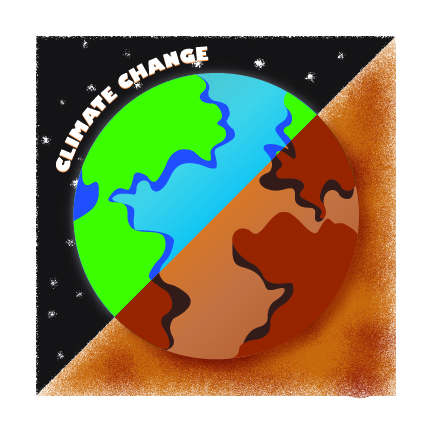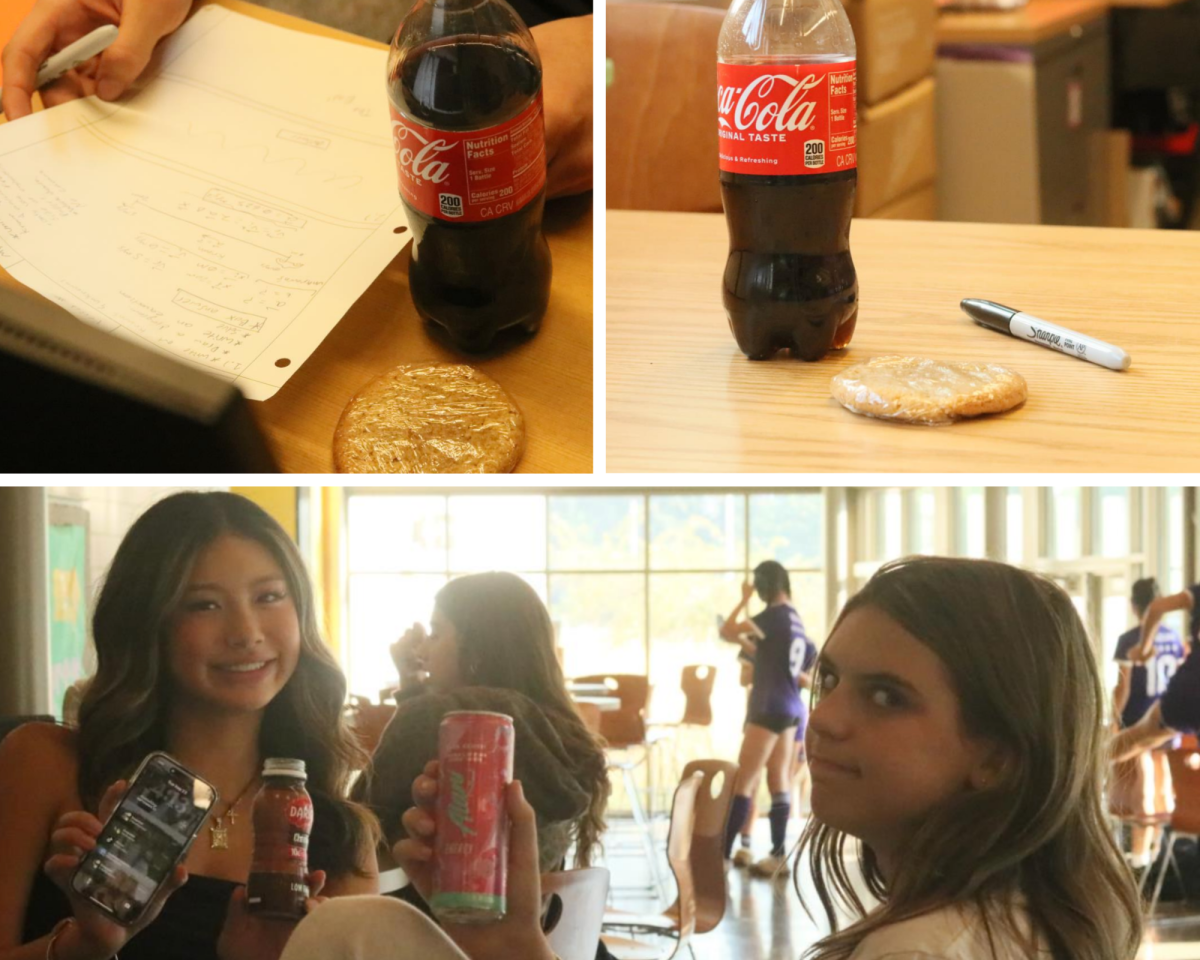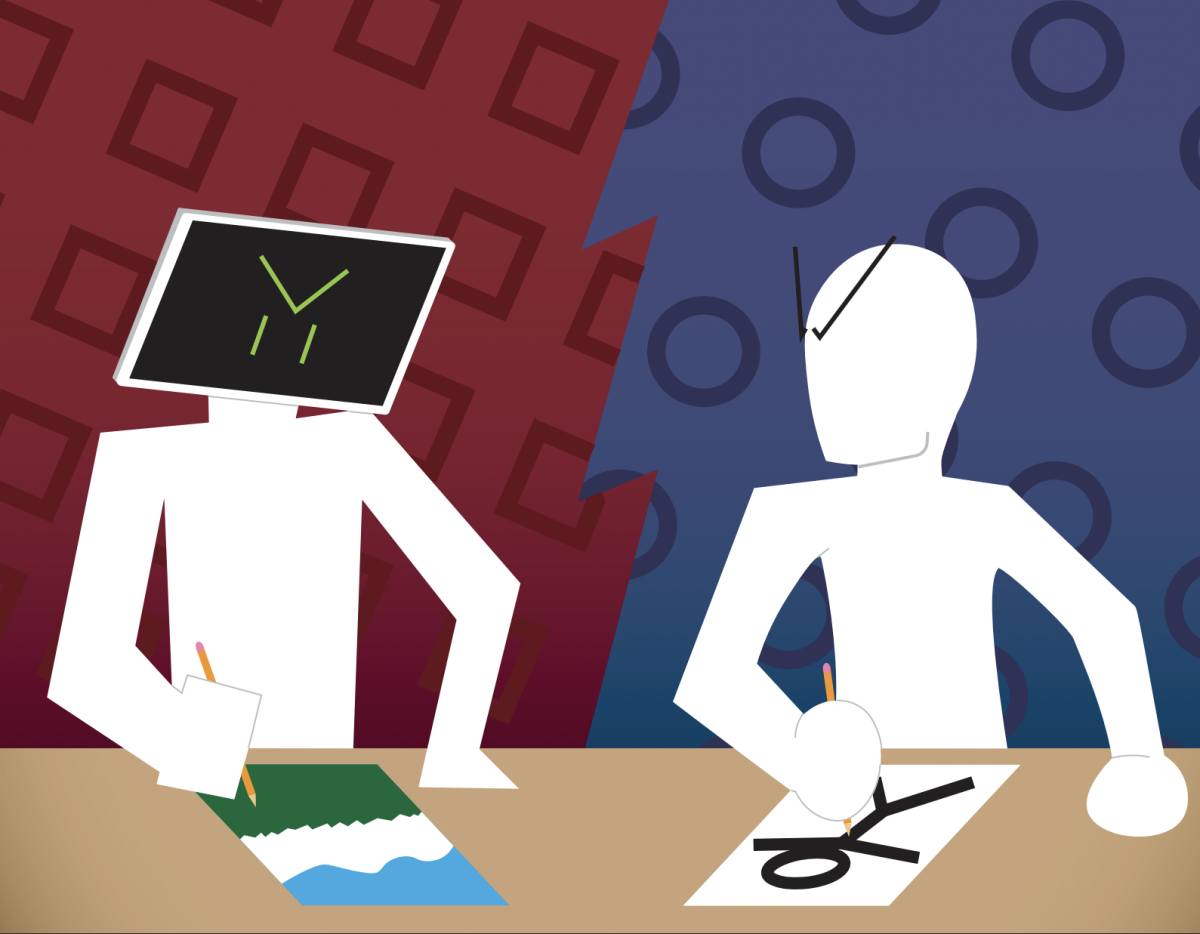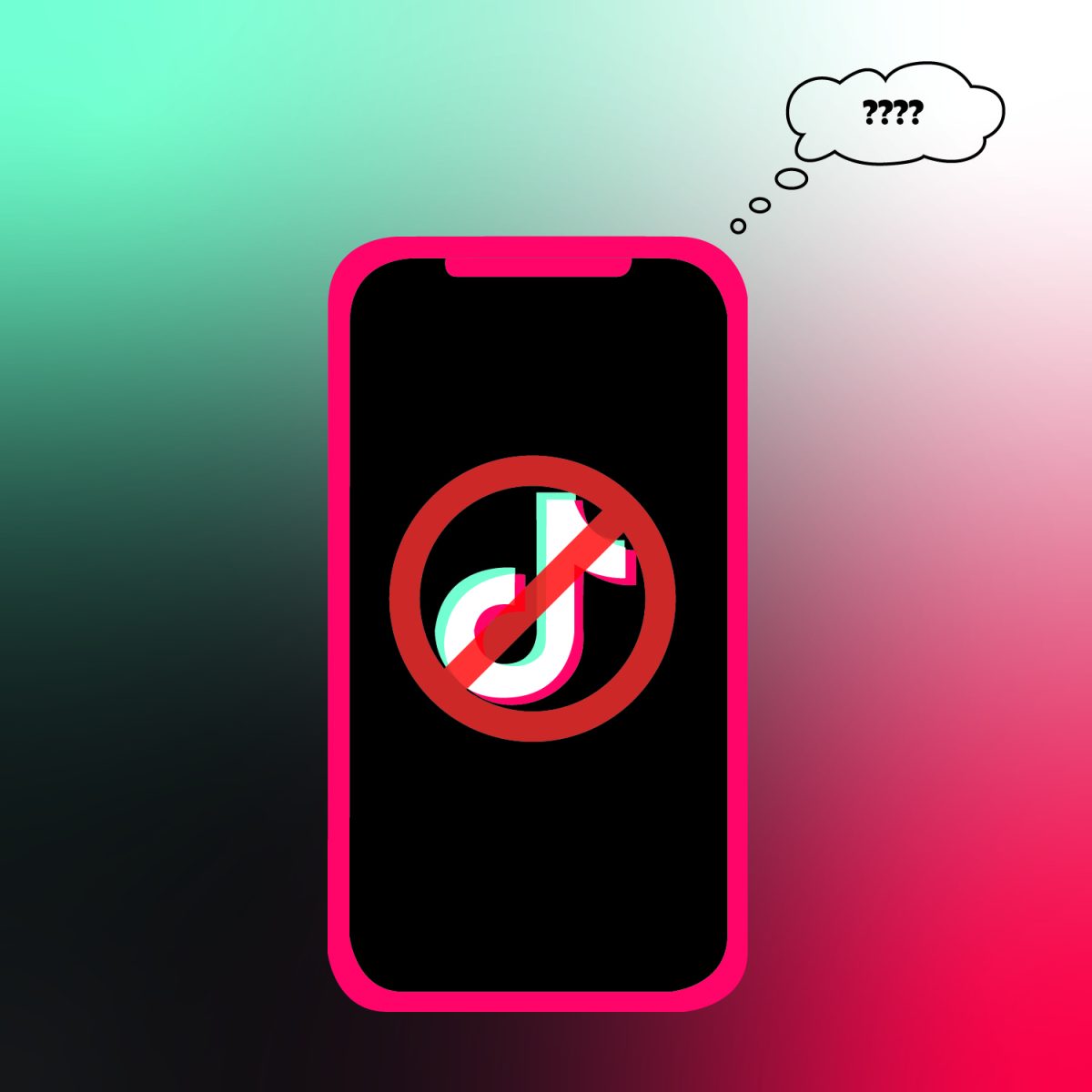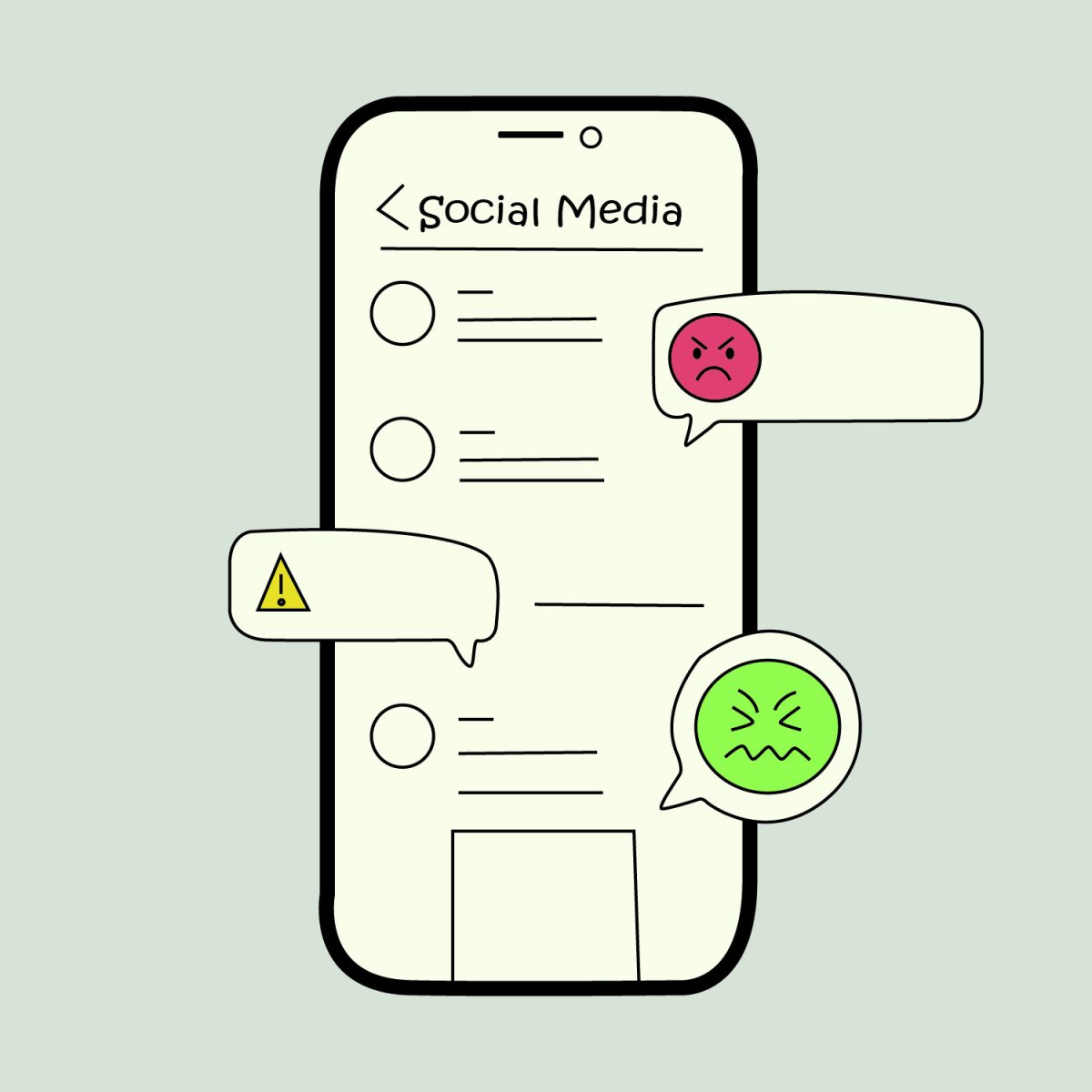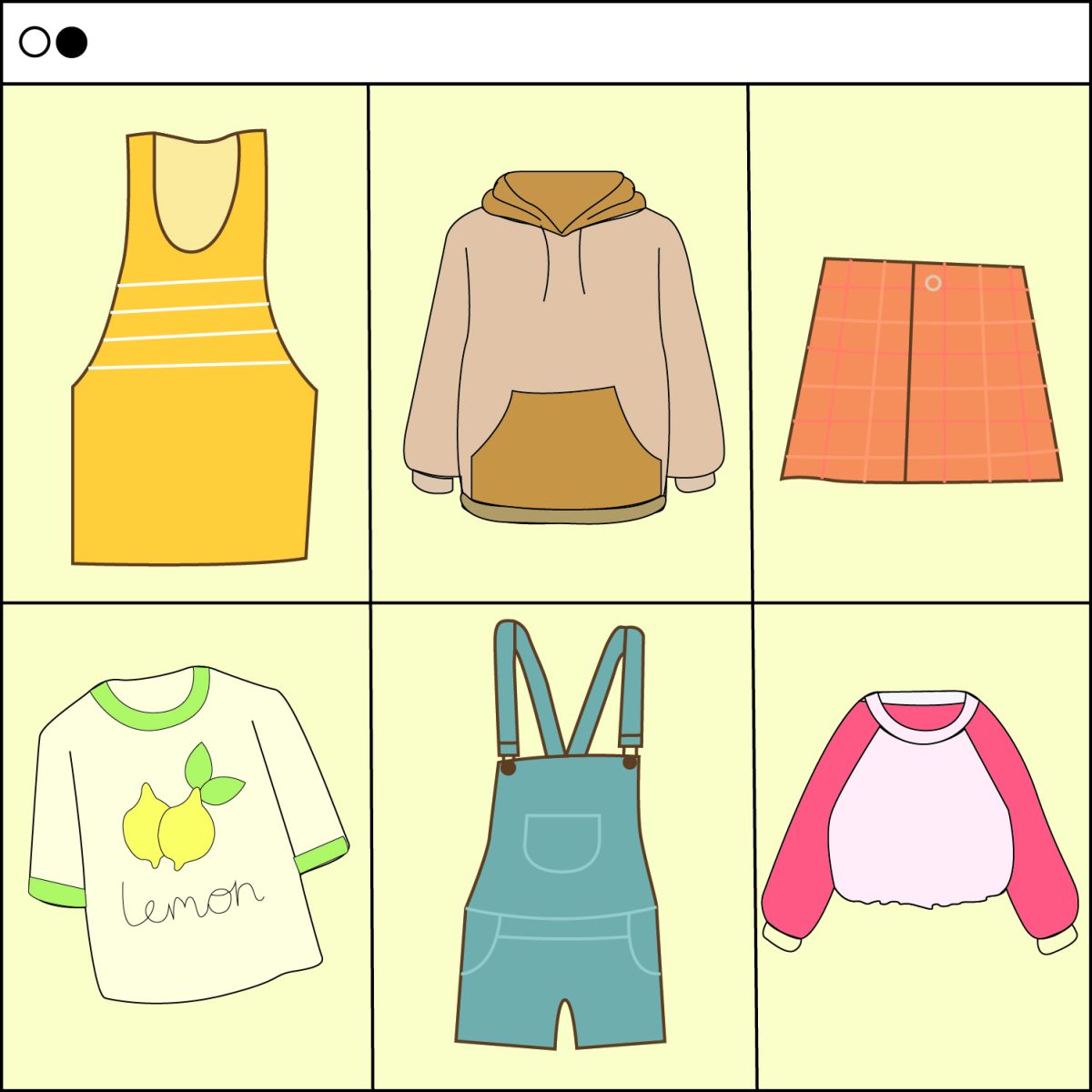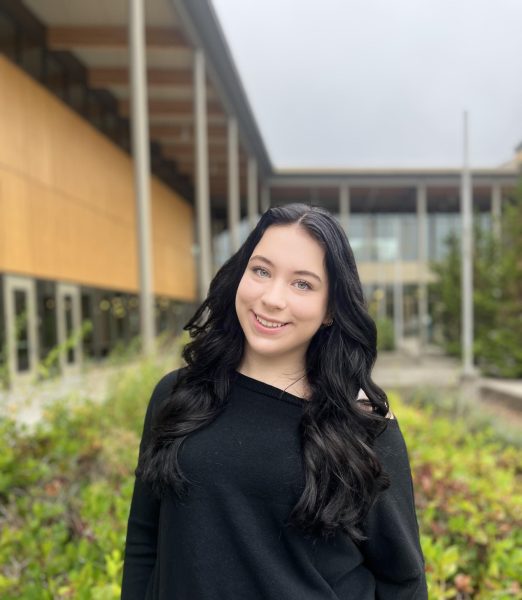“In every corner of the country, Americans are experiencing firsthand the effects of the climate crisis,” states an article by NASA hoping to spread information about the current situation in our environment. This past summer, evidence of climate change and global warming has become much more visible in everyday life. Events like the Maui fires, the Canadian wildfires, air pollution in Washington and the heat wave throughout the whole world have shown the progression of climate change.
According to an article by NASA about the high levels of heat this summer, “This July was not just warmer than any previous July – it was the warmest month in our record, which goes back to 1880.” IHS sophomore Riya Jonnala explains how this affected her summer, as someone whose house does not have air conditioning, “I had to carry a fan and when I went to sleep, I used a damp cloth sheet as a blanket.” Even people with air conditioning were affected. It made this summer much more difficult to complete and continue with the normal summer events. The heat wave not only caused panic for people in Washington, but it also caused a greater issue in its nearby country.
An article from AP News focuses on the rise of wildfires and the causes: “Climate change more than doubled the chances of the hot, dry weather that helped fuel the unprecedented wildfire season in eastern Canada that’s driven thousands from their homes and blanketed parts of the U.S. with choking smoke.” This was evident this summer with the dangerous air quality in Washington. The air pollution significantly affected the usual healthy summer air. Washington air quality is usually between 5 to twenty percent, which is considered good and healthy. The air quality this summer reached a high of 140 percent, which is highly dangerous for specific groups. The air quality later got to a point where it was affecting many people’s day-to-day lives. Freshman Jackson Casteel shares, “I noticed the air quality because I have asthma, so I was told to stay indoors.” Senior Genisis Paredes Bolden adds to this, saying, “If you went outside, you could smell the smoke.” An CNN article discussing how the wildfire began says, adds on to why the Canadian fires began, saying, “The severity of Quebec’s fire season up to the end of July was also made 50% more intense by climate change…” Not only is this present in Canada, but more disasters also caused by humans can be traced back to climate change and the spread of pollution. A global warming article in The Washington Post states, “Recent floods in China, fires in Greece and deadly heat in the Southwest U.S. are other recent examples of how extreme weather, human-caused climate change and changes to the local environment can converge in devastating fashion.”
Currently, new laws and bills are being passed and created to try to slow down carbon emissions and stop global warming in our environment. Due to this, President Joe Biden and Vice President Kamala Harris have been publishing ways to help, along with attending a high number of press conferences and events. An executive order from Biden-Harris was announced on Sep. 21, stating, “The President’s Day One Executive Order on Protecting Public Health and the Environment and Restoring Science to Tackle the Climate Crisis re-established an Interagency Working Group (IWG) and tasked it with identifying areas of budgeting, purchasing, and other key decisions where agencies should consider the Social Cost of Greenhouse Gases (SC-GHG).” While this new information was announced, a newfound important question was raised.
Why is climate change viewed as a political issue? Casteel answers, “Some people believe in it, and some think its fake or made up.” Junior Zachary Harris adds, “It has always been a political issue but now it is being more talked about.” In the past there have been limited ways to share things like political issues and dilemmas. With the new online petitions from websites like Change ways for young people to share their voice about climate change is easier and more frequent than in the past. Due to the influence of social media, climate change has a greater chance of being slowed or avoided.

